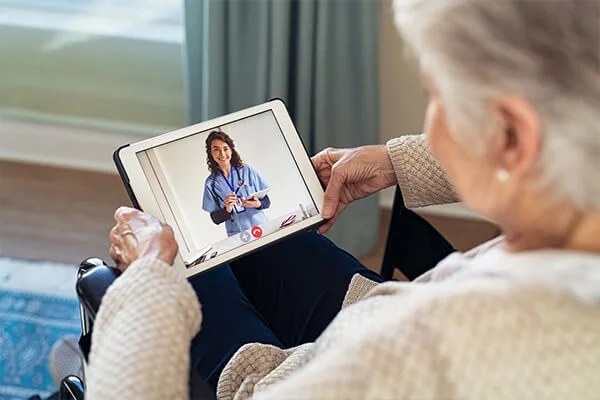
Between work commitments, family responsibilities, and busy schedules, many people postpone seeking medical advice until symptoms become severe or unbearable. With the advent of telehealth services, it is possible to consult with medical professionals from the comfort of your home or office. For those needing documentation for work or school absences due to illness, check nextclinic.com.au for online medical certificate services following proper medical assessment.
Time Efficiency and Convenience
Perhaps the most immediate benefit of virtual healthcare for minor issues is the dramatic reduction in time investment required. Traditional doctor visits often involve:
- Travel time to and from the medical facility
- Parking searches and check-in procedures
- Waiting room delays despite scheduled appointments
- Post-appointment pharmacy visits for prescriptions
Online consultations eliminate these time-consuming elements, typically requiring only the actual discussion with the healthcare provider. This efficiency transforms a potentially half-day commitment into a focused 15-20 minute interaction that can fit between other obligations or during a lunch break.
The convenience extends beyond time savings to appointment availability as well. Many telehealth platforms offer extended hours, weekend appointments, and sometimes even 24/7 access to medical professionals. This expanded availability ensures minor health issues receive prompt attention rather than worsening while waiting for traditional appointment openings.
Appropriate Management of Common Conditions
Skin Conditions
Dermatological issues particularly lend themselves to telehealth assessment due to their visual nature. Online dermatologists and primary care providers regularly evaluate:
- Rashes and skin irritations
- Minor infections like impetigo
- Common fungal conditions
- Insect bites and reactions
- Acne and related concerns
High-definition video capabilities allow detailed examination of skin manifestations, often providing sufficient information for accurate diagnosis and treatment recommendations without in-person assessment.
Digestive Complaints
Many gastrointestinal issues can be appropriately assessed through detailed symptom discussion and visual cues. Telehealth providers frequently address:
- Acid reflux and heartburn
- Mild food intolerances
- Non-severe diarrhea or constipation
- General digestive discomfort
While severe or complex digestive concerns typically require physical examination or testing, many routine digestive complaints respond well to the dietary guidance, lifestyle recommendations, and over-the-counter treatment suggestions available through virtual consultations.
Financial Accessibility and Transparency
Cost-Effective Care Options
Beyond the direct time savings, virtual healthcare often provides financial advantages compared to traditional office visits:
- Lower consultation fees for many telehealth services
- Elimination of transportation costs including fuel and parking
- Reduced childcare expenses that might otherwise be necessary during appointments
- Minimized lost wages from extended time away from work
Additionally, many telehealth platforms offer transparent pricing models with clearly stated fees before consultations begin. This pricing clarity helps patients make informed decisions about seeking care rather than avoiding medical attention due to uncertain cost concerns.
Insurance Integration and Options
The telehealth landscape continues evolving regarding insurance coverage:
- Many private insurers now cover virtual consultations similarly to in-person visits
- Medicare and government programs have expanded telehealth coverage
- Employer health plans increasingly include dedicated telehealth benefits
- Self-pay options often provide affordable alternatives when coverage limitations exist
This expanding coverage landscape makes virtual care for minor issues financially accessible for diverse patient populations, removing economic barriers that might otherwise prevent appropriate medical consultation.
The integration of telehealth options for appropriate minor health concerns creates more accessible, convenient healthcare experiences while preserving in-person resources for situations truly requiring hands-on evaluation. This balanced approach ultimately supports better overall health maintenance through prompt attention to minor issues before they potentially develop into more significant problems.





